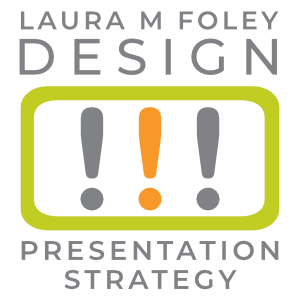Have you ever been assigned a task only to find out afterwards that there was no point to completing it? If you’re a marketer or public speaker, you have to avoid the temptation to give your audience busywork disguised as something they need to do. Because when they find out what you’ve done, they’ll be fuming.
All that work for nothing
This October, my family and I visited a corn maze with an added a twist: a scavenger hunt. Participants were given a list of ten questions, the answers to which were to be found in the maze. People who successfully answered all the questions would win a “mystery prize.” Adding to the thrill of the chase was a race against time, as the maze was set to close 35 minutes after we entered. We had a blast jogging through the rows, thrilling as we found each answer among the stalks. With ten minutes to spare we burst out of the corn maze, completed questionnaire in hand, toward the farm store where our prize awaited. We eagerly handed our worksheet to the store clerk, who waved it off without so much as a glance and pointed to where we could collect our prize, a cookie and an apple for each of us. While it was great that we’d won the prize, we were disappointed that our efforts were completely dismissed by the clerk. We could’ve just handed her a blank questionnaire and the outcome would’ve been the same. The marketing effect was that every time I think of that farm I’ll remember the pointless contest.
But I thought we’d get a prize!
Something similar happened to me at a presentation. Before the speech started, the presenter handed out worksheets. There were about a dozen sentences on the sheet, each with a word or two missing. The instructions were to listen carefully to the presentation and fill in the blanks as we heard them. I thought this was a great way to ensure that the audience paid attention! During the speech, the presenter made repeated references to the worksheet, reminding us to fill in the blanks and implying that something good would come to those who did so. At the conclusion of the speech, the presenter thanked us for our time and left the stage. That was it. No further reference to the worksheets was made and I felt like a fool for getting my hopes up so much. I think the “grand prize” was a filled-in worksheet and the “thrill” of participation.
Set expectations and reward efforts
There’s nothing wrong with asking your audience to perform a task. It can make them feel like they’re a part of an elite group of achievers or are taking an active role in a presentation. But if you set the expectation that people will get something in return for their efforts and you don’t deliver, then the prize becomes ill will and resentment. And that’s definitely not something you want to build in your audience!
